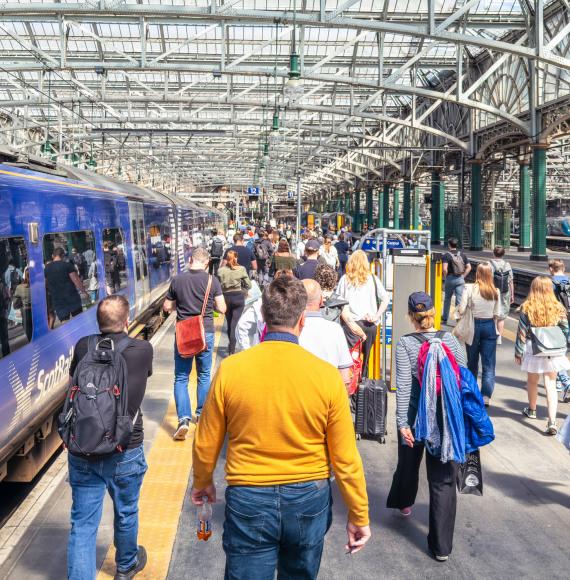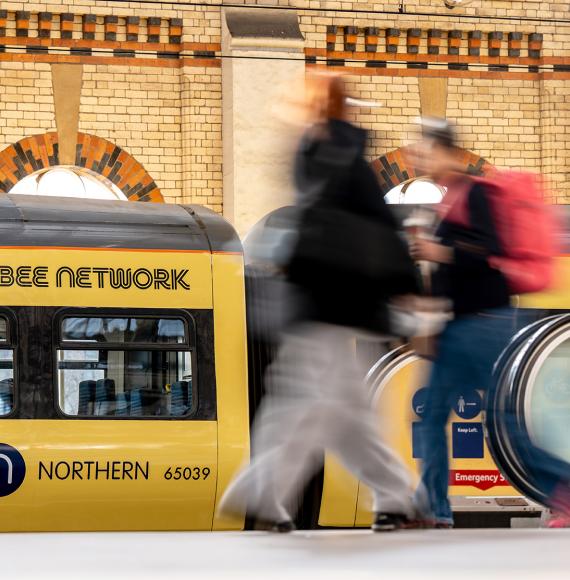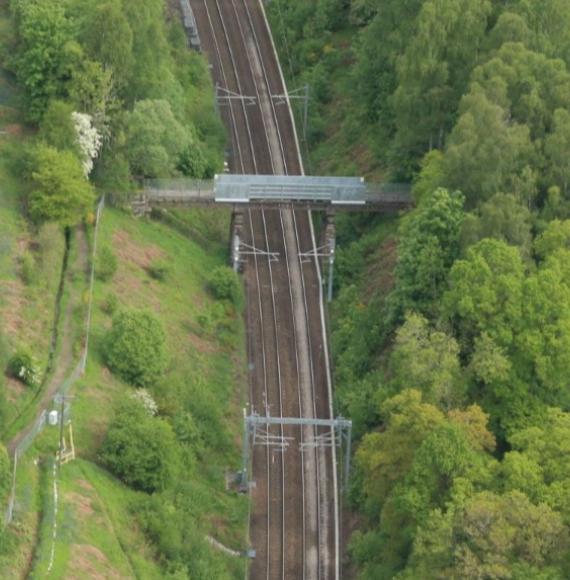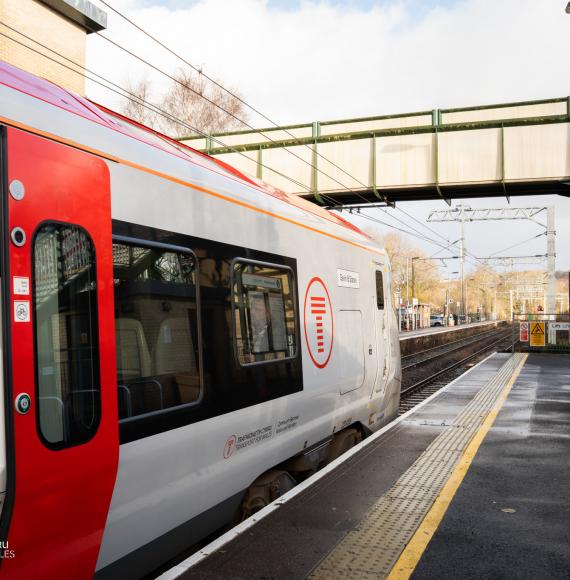A major milestone in UK rail reform is being reached today as the government introduces the Railways Bill to Parliament—legislation set to reshape the future of Britain’s railways by creating a more unified, accountable and passenger-focused network.
At the heart of the Bill is the formation of Great British Railways (GBR), a new publicly owned body that will integrate passenger services and infrastructure under one roof. Headquartered in Derby, GBR will be responsible for coordinating the entire rail system—from track and train to cost and revenue—ensuring a streamlined approach to operations and planning.
Putting Passengers First
GBR’s remit will be to deliver a simpler, more reliable railway that prioritises passengers and freight customers. A new one-stop-shop app will allow users to check timetables and book tickets, replacing the fragmented experience of navigating 14 different operator platforms.
The legislation also introduces a strengthened passenger watchdog, designed to act as a powerful advocate for rail users. With enhanced powers to investigate poor service and demand improvements, the watchdog will ensure passengers have a clear route to escalate complaints and influence change.
Transport Secretary Heidi Alexander said:
“Britain deserves a railway that is fit for the future – one that rebuilds the trust of its passengers, regenerates its communities and restores reliability and value for money.
The introduction of this legislation is a major step towards a rail network that supports Britain’s businesses and delivers for the travelling public – paving the way for economic growth and access to opportunity across the country.”
Driving Operational Efficiency and Growth
The Bill places a duty on GBR to grow rail freight, offering freight operators long-term strategic planning and a new capacity allocation and timetabling process. This will provide greater certainty for the supply chain and boost investor confidence.
Fare and ticketing reform is also central to the Bill. GBR will modernise ticketing, expanding Pay As You Go trials and ensuring tickets are available via station offices, vending machines, and onboard services—making travel more accessible and flexible.
Empowering Regions and Local Decision-Making
The legislation gives devolved governments and England’s mayors a statutory role in shaping local rail services. This move is designed to improve regional connectivity and ensure rail decisions reflect local priorities.
Andy Burnham, Mayor of Greater Manchester, commented:
“The introduction of the Railways Bill to Parliament marks a pivotal moment for rail reform across the country.
This is a once-in-a-generation opportunity to make trains more reliable and tickets easier to use, with clearer accountability for passengers and greater confidence in every journey.”
Accessibility and Inclusion
To complement the Bill, the government will publish an accessibility roadmap tomorrow, outlining immediate actions to improve services for disabled passengers. Commitments include expanded eligibility for the Disabled Persons Railcard, wider rollout of ‘welcome points’, consistent staff training, and infrastructure improvements such as lifts and escalators.
Ken Skates, Cabinet Secretary for Transport and North Wales, said:
“I very much welcome the introduction of the UK Railways Bill, which will improve rail services and deliver a more integrated, accountable and passenger-focused railway across the UK.”
Industry and Business Support
The Bill builds on the government’s public ownership programme, which has already delivered improved performance. Southeastern and LNER are among the top five operators for lowest cancellation rates, while South Western Railway has tripled the number of new trains in service since entering public ownership.
Ben Plowden, Chief Executive of Campaign for Better Transport, said:
“An accessible, affordable and reliable rail network integrated with the wider transport system is key to delivering sustainable economic growth and improving regional productivity.
Today marks another important step on the road to realising this vision and delivering a railway that works for passengers, freight operators and the country as a whole.”
Jane Gratton, Deputy Director of Public Policy at the British Chambers of Commerce, added:
“Businesses welcome plans for a more joined-up rail system, which gives regions a stronger voice in shaping services.
An efficient rail network is crucial to unlock opportunities for investment, jobs and growth across the country.
Great British Rail must deliver the certainty and connectivity that businesses are desperate for – with the needs of passengers and freight customers central to future decision making.”
Image credit: iStock

















